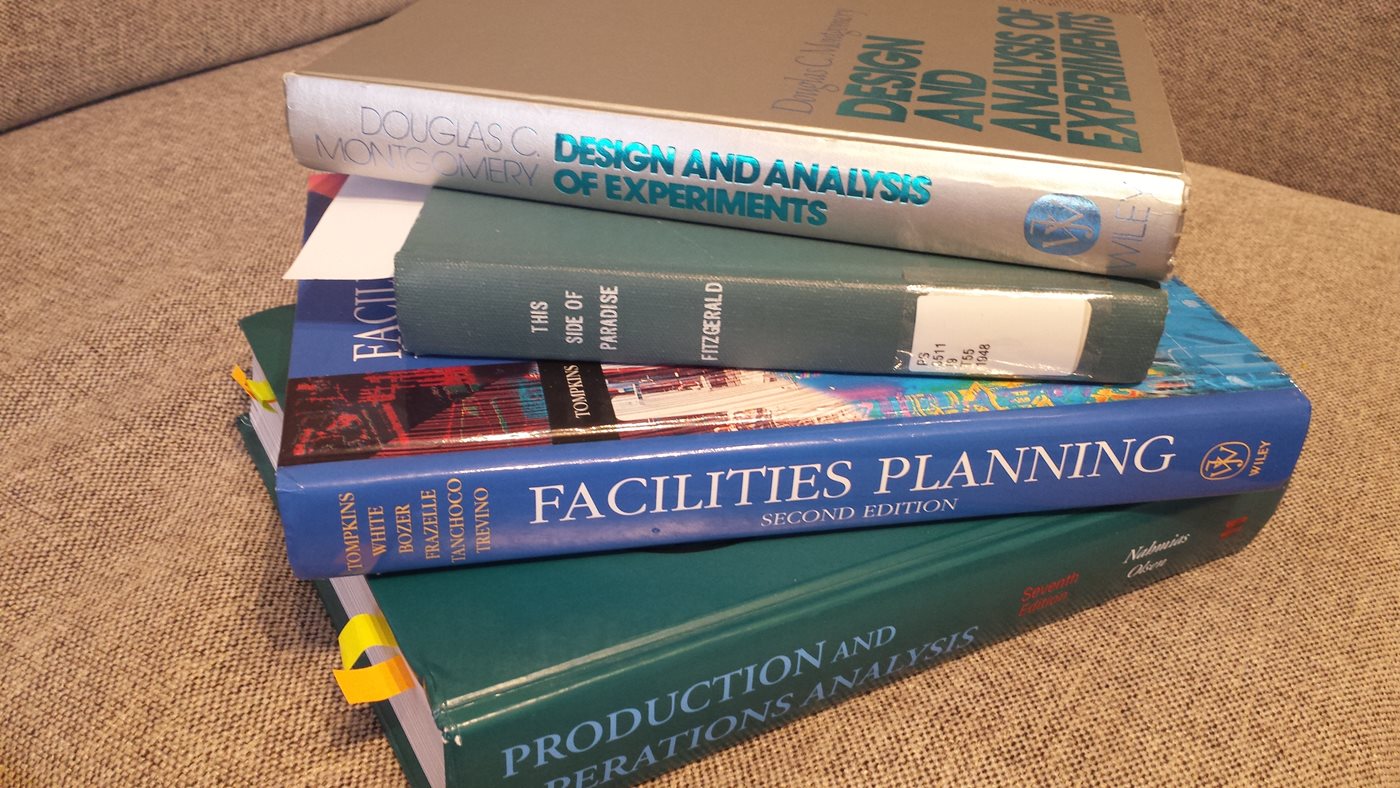April 2017

But while the education system equips us with tools of Math, English, Science, etc; there are no classes that train students in independent learning: learning without guidance. For students who fail to grasp this, it hinders a seamless transfer into industry and also potentially pushes them off the path of becoming life-long learners.
But as grad students, we're already committed to learning. The questions is: do we understand what this means? I didn't know what it meant to learn until I started grad school last semester. Before, learning entailed attending every lecture, taking diligent notes, and studying with the sole intent of passing exams.
But now I know that to learn is not just to internalize the content: to learn is to understand how that content can be applied. As an engineer, I feel it's my moral obligation to think pragmatically. Going beyond the notes however, involves being resourceful. How can we learn without guidance?
Make the Internet your best friend. You can download eBooks for free, Google tutorials, learn from online lectures on known sites such as Khan Academy, and read PDFs of lecture notes from other universities. The more you learn subjects with the sole intent of wanting to apply, the more you will focus on internalizing key concepts. Naturally this will lead to better exam scores, but more importantly, it will lead to better retention.
For applied disciplines like engineering, the best way to learn is via projects. They can be industry projects, research projects, club projects, or personal projects. Moreover, they can (and should) be cross disciplined to be of maximum benefit. Designing, implementing, and problem solving are three vital engineering characteristics and the more they're exercised while in college, the easier the transition to industry.
If projects are hard to come by, why not practice your coding skills by creating small scripts or using Matlab to double check your stats homework? If you're in B-school or taking a production/inventory control class, creating Excel templates for homework problems is great practice for designing readable Excel files - a vital skill in industry.
Acquiring and applying knowledge are two sides of the same coin. The tricky part is bridging the connection between the two. So, how do you learn?
Teja Gambhir | Industrial Engineering
Teja Gambhir is a first year Master of Engineering student in the department of Industrial and Systems Engineering (IISE).